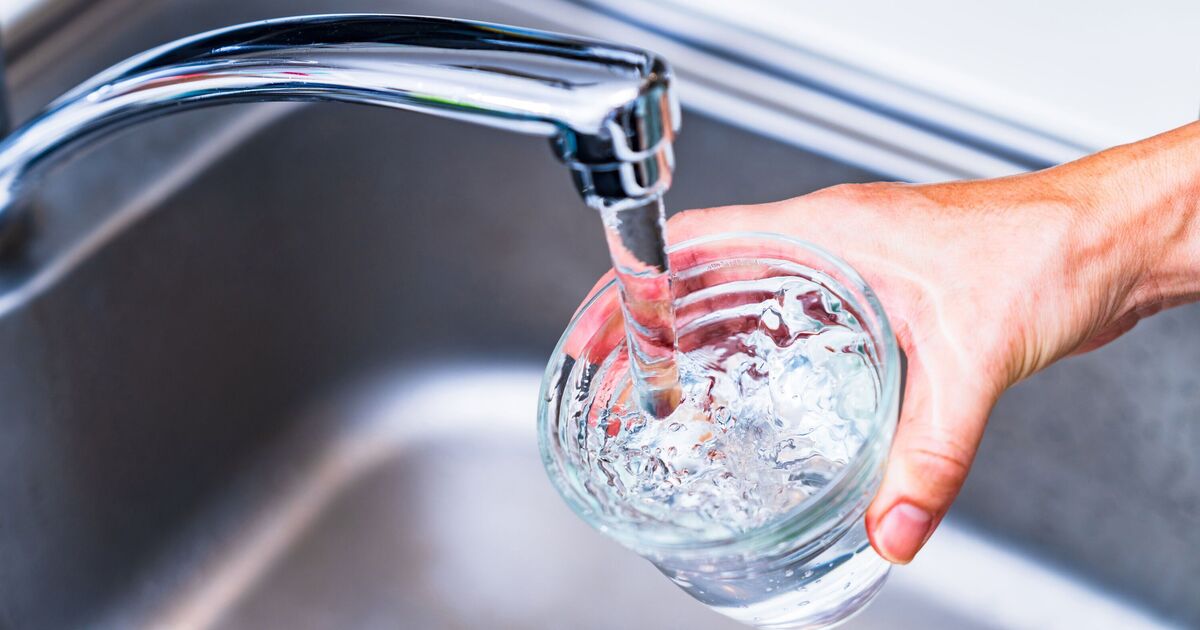
Water bills will go up by more than expected over the next five years despite concerns over chronic failures by the privatised giants running the system.
Failures to tackle leaks and repeated sewage leaks into rivers and the sea have drawn condemnation from consumer and environmental campaigners.
Now the private water companies, whose owners have taken billions in dividends out of the businesses, are to be allowed to push up bills by more than inflation over the five years from 2025 to 2030.
The industry regulator Ofwat initially suggested that bills will rise – on average – by 21 percent above inflation over the five-year period, which equated to a rise of an extra £19 in each year.
However, the BBC is reporting that – following lobbying from the water firms – the increase will be even higher, which means the average bill in 2030 would be over £100 a year more than it is today.
Campaigner Feargal Sharkey said: “Greed, financial engineering and regulatory incompetence has created the chaotic shambles that is the water industry. Yet they now contemptuously demand it is us the customers who must pay (again) for a mess they created. No is the answer, no, no and no!”
He said: “This industry is out of control. Clearly the Government has little influence over it and the regulator seems to have even less. The water companies have gamed the system to their benefit. Bills have gone up by 60 percent in real terms since privatisation.
“They have taken our money which we have given them in good faith to invest in infrastructure and in water supply and none of that has happened. It has simply gone to benefit their shareholders and drive their corporate greed and profiteering.”
The average figures hide very wide disparities in what households will pay as there are huge variations in water and sewerage bills across the country. At the same time, bills also vary significantly depending on whether people pay according to a meter or based on their Council Tax band.
The highest proposed increase, of 44 percent, was for Southern Water, which has been repeatedly fined over management failures and sewage spills. The lowest was a rise of 6 percent was for the small supplier, Affinity Water, which serves some households in parts of London and the south east.
It was proposed that Thames Water, the UK’s largest water company, would increase bills by 23 percent, but since then the company has said it will not survive if it cannot raise bills by 59 percent.
Thames Water shareholders refused to inject promised funds into the company earlier this year as they said it would be impossible to make any profit at the proposed bill levels.
Later this week, the government is expected to announce plans that are expected to lead to the biggest overhaul of the water industry since privatisation in the late 1980s.
The aim is to protect customers from the impact of rising bills, while also finding funding for the huge investment that is required to deal with population growth, the impact of climate change and an ageing water infrastructure.
One of the reasons that Ofwat is considering permitting bigger bill increases is to reflect higher financing costs. In the past, water companies banked massive profits when financing costs to fund their work came in much less than expected under the formula used by Ofwat to set prices.
Water UK, which represents the industry, said investment in water infrastructure has been “double the annual levels seen before privatisation”.
Ofwat said: ‘We share the concerns of the general public and campaigners about the performance of water companies which, is simply not good enough.
“We have been holding companies to account and have imposed penalties of over £300 million in recent years. We want to see a transformation in companies’ performance.”

















